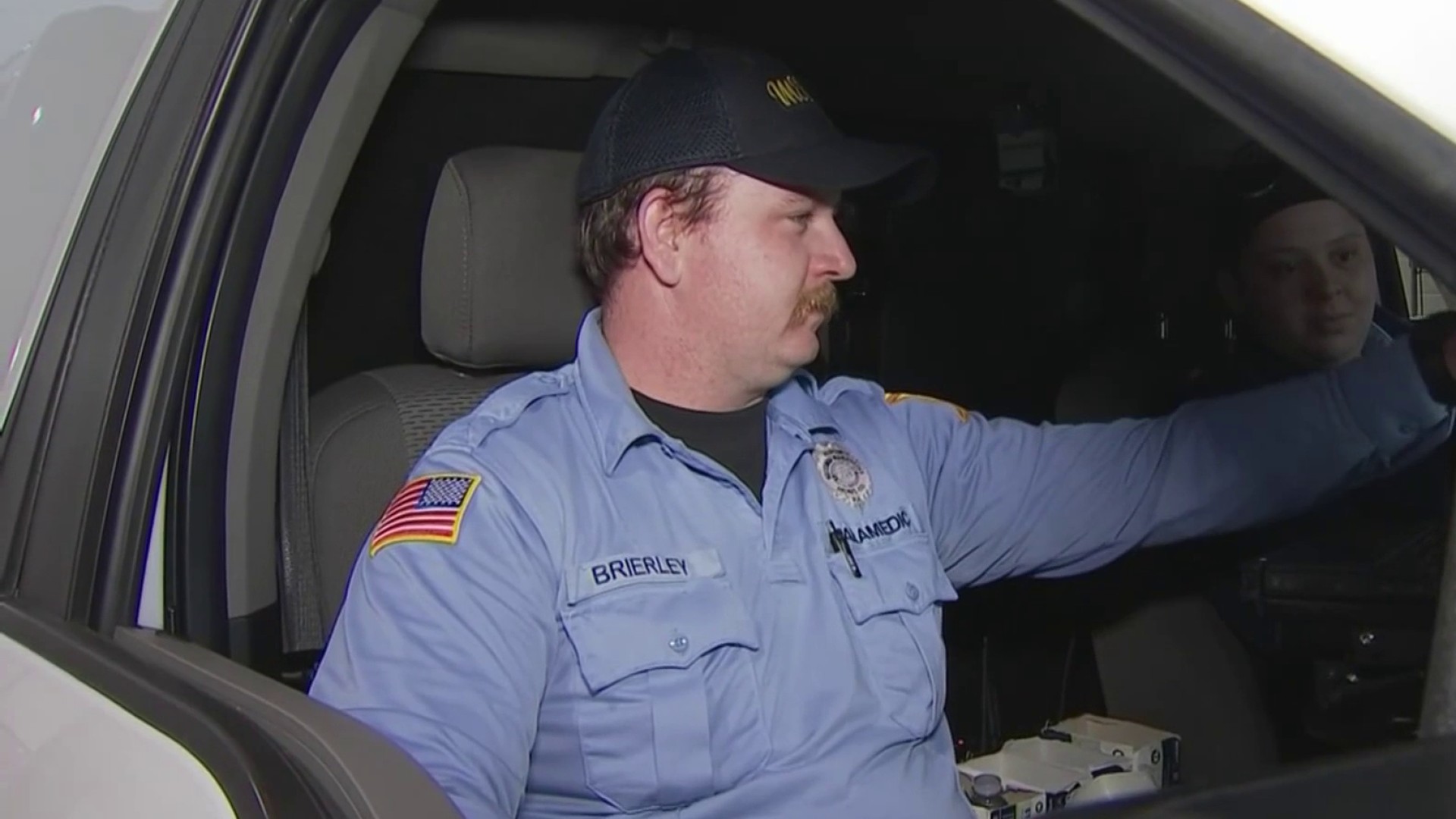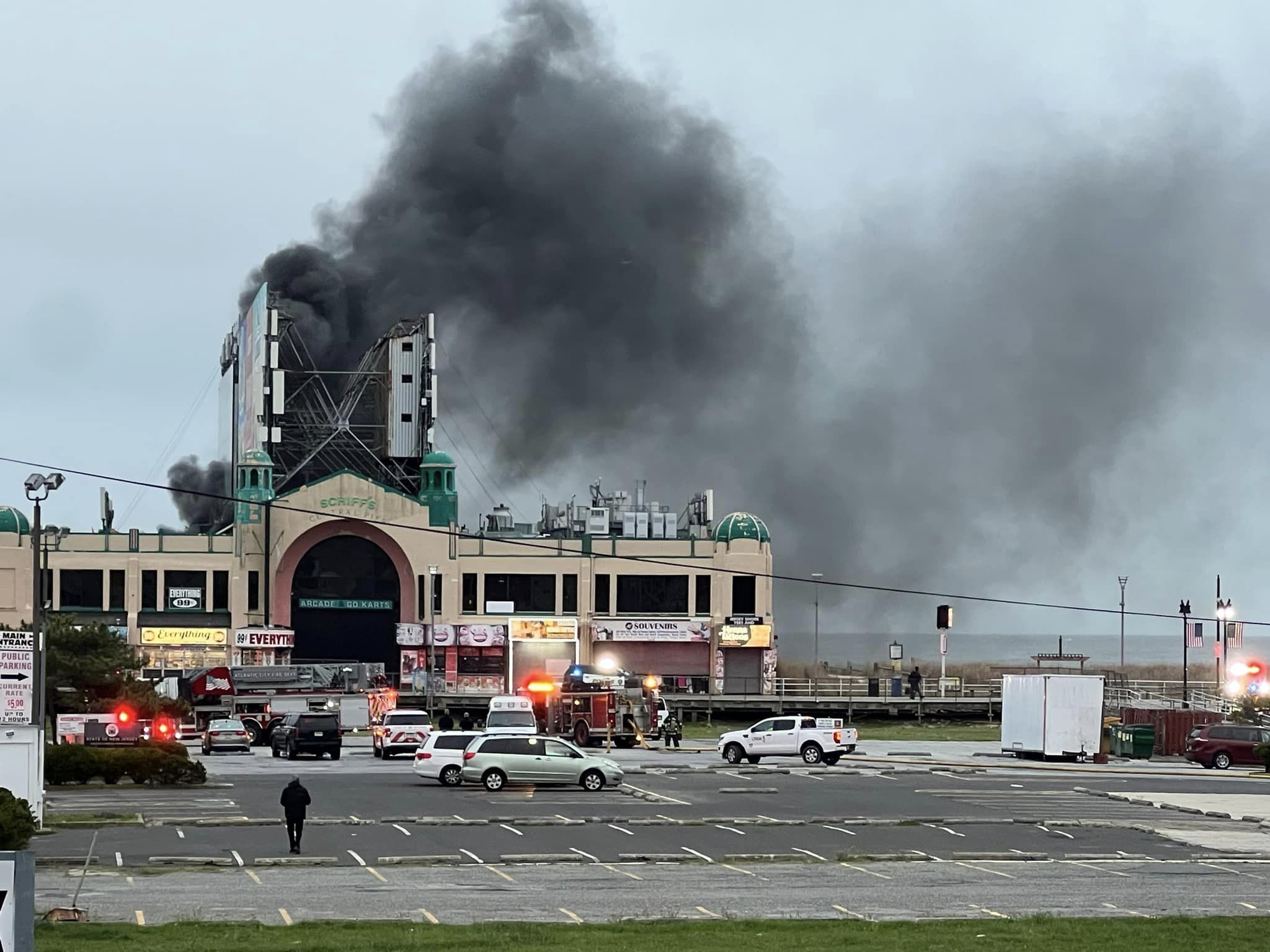Englewood officers carry bilingual dictionaries in their patrol cars. Fairview police recently completed an eight-week Spanish course to learn basic terms. A Korean-speaking officer is stationed at the Fort Lee police front desk on a regular basis.
And North Jersey police departments, including Clifton, Bergenfield and Hackensack, have become more culturally diverse, hiring officers who speak second languages.
But adding more Latino and Asian officers and learning key Spanish phrases may not always be enough to break down barriers between immigrants and local law enforcement. Many immigrants, police and experts tell The Record (http://bit.ly/12NfBrF), are hesitant to approach police _ fearing deportation, or worse, after negative experiences in their native countries.
Those walls have made it difficult for at least some police departments, such as Englewood where a string of robbery assaults against Hispanic immigrants occurred recently, to establish successful relationships with minority communities.
Englewood is not alone. Similar challenges have been reported by other police departments across the nation, according to a report published in October by the Vera Institute of Justice, a non-profit center for justice policy. The center identified ways law enforcement can establish and improve relations with immigrants.
"There's definitely very real challenges that police departments face,'' said Susan Shah, program director for the Center on Immigration and Justice at the Vera Institute, who pointed to civil service hiring requirements and limited budgets and staffs. "But every little bit helps, and the more that you can structure it around a comprehensive plan and some sort of needs assessments the better.''
Englewood Police Chief Arthur O'Keefe said his department responded to the attacks by distributing fliers and handing out a 24-hour phone number to reach Spanish-speaking officers. But despite those efforts, Hispanic residents have been reluctant to come forward with information, and it has taken weeks for significant leads, he said, adding the investigation is ongoing.
Local
Breaking news and the stories that matter to your neighborhood.
"We recognize that the people that are assaulting and robbing Hispanic victims are doing so because there is a strong possibility that they are not in the country legally and they will not report being a victim of a crime to police,'' he said.
In Fairview, home to a swelling Latino population and where day laborers wait for work along Anderson Avenue, borough officers have focused on improving their Spanish language skills.
A group of about 12, including one dispatcher, enrolled in a Spanish course specifically for law enforcement. The class met once a week and centered on words that officers could use on duty.
Denuncia de tránsito'' the class said in unison one day, which translates to "traffic report.'' A few minutes later they repeated "escriba su nombre aquí,'' or "write your name here.''
The goal of the course, whose instructor was provided by Bergen Community College's School of Continuing Education, was to help officers gain a working knowledge of Spanish to better serve the Latino population, which is more than half _ 54.6 percent _ of the town's 13,835 residents, according to the 2010 census. A decade earlier, Hispanics made up about 37 percent of the population.
Any advantage that you can give to your officers and the community, and that sense of comfort that you do understand, and want to understand, their language and culture is a great benefit,'' said Fairview Police Chief Frank Del Vecchio.
Some had already picked up several words _ work, house, beer, drunk and pants _ during years of duty.
Sandra Sroka, BCC's assistant dean of continuing education, said the school may offer similar courses to other departments.
The course proved useful for Sgt. Vincent Bellucci, who was able to communicate with a Spanish-speaking woman in need of assistance.
"Before, I would not have been able to do that,'' he said.
Teaching officers Spanish has been one of several ways North Jersey police departments have tried to improve relationships with immigrant residents. The Bergen County Law and Public Safety Institute in Mahwah and the Passaic County Police Academy also offer Spanish classes. Other departments have reached out to churches with immigrant parishioners, hired Latino and Korean civilian employees, and have officers attend cultural training.
In the last year, Garfield officers have taken classes at the John H. Stamler Police Academy in Union County, which covered a range of topics, including how to conduct better interviews and understand Latinos' body language. Two years ago, the academy added a Spanish language course for dispatchers, and occasionally holds a class on understanding Arab/Muslim culture, officials said.
In Bergenfield, one of several Spanish-speaking officers is always on duty, and recently the department hired its first Asian officer, said Capt. Cathy Madalone.
The Palisades Park Police Department has Korean- and Spanish-speaking officers to communicate with Korean residents, who represent more than half the borough's population, and its Guatemalan community, said Mayor James Rotundo. Most departments in Borough Hall are also staffed with at least one Korean-speaking employee, he said.
"That's to make sure that the public feels a lot more comfortable in dealing with us,'' he said.
But not all immigrants in Palisades Park want to approach police. Bacilio Lopez-Rodriquez, a day laborer, who has been victim of wage theft, sought help instead from Community of Friends in Action, a Leonia-based organization that works with day laborers. He said in the past he's seen police stop contractors who pick up day laborers along Broad Avenue, and said he doesn't know how they would react to his problem.
"And they don't understand Spanish, so it's harder to explain what happened,'' he said in Spanish.
A few miles away, in Englewood, where more than a dozen Latino police officers represent nine Latin American countries, the same dilemma exists. O'Keefe, the chief, said he reached out to Latino community leaders several years ago to bridge the gap between police and immigrants. He also assigned officers to businesses frequented by Spanish speakers to build a rapport. Officers left fliers at churches that detailed police services and were given English-Spanish dictionaries.
"People were afraid to deal with us not only for immigration purposes but also in terms of cultural bias because of what they experienced before they came here,'' O'Keefe explained. ``But despite our efforts, that included putting ads in Spanish-speaking papers and around downtown, and getting stories to run on Spanish-language channels . we were disappointed in terms of results.''
Because the programs weren't successful, O'Keefe said he had to reassign officers after several months.
"I can't spend more time and more money in efforts to open those doors and those lines of communication if it's not a two-way street,'' he said.
Palm Beach County in Florida faced a similar situation when Guatemalan-Mayan immigrants were being targeted by robbers, according to the Vera report. They routinely failed to report and cooperate with criminal investigations, the report said, adding that police used a grant to hire a liaison of Guatemalan-Mayan descent to reach out to victims.
Shah, of the Vera Institute, stressed that any community policing efforts are trial and error, and always take time before results can be seen.
You are never going to build relationships or connect with a community overnight,'' she said.
Fort Lee police hold information sessions with senior citizens in Korean that touch on several topics, including pedestrian safety. Deputy Chief Tom Ford said the sessions began after several Asian seniors had been struck by vehicles.
Waldwick Police Officer Adam Garcia has been forging a relationship with the local Salvadoran community since he joined the force in 1995.
"I know a lot of people since I started, and I've watched people get older, and their children grow up.''
Garcia speaks Spanish fluently, and while on patrol, he's often approached by Hispanic residents, who are known to invite him to family barbecues and give him rice pudding and papusas, a traditional Salvadoran dish made of corn flour filled with cheese.
"To gain that trust here you have to be on the scene, and continuously talk to them,'' explained Garcia, who said the borough is also home to several Ecuadorians and Mexicans. "I try to stop by the (Salvadoran) bodega and walk by there, but usually when they need something they come looking for me.''
Waldwick Detective Sgt. Doug Moore said Garcia's work has also led Spanish-speaking residents to reach out to officers about illegal activities.
"I think they understand that any victim of a crime should report it to police,'' he said.



